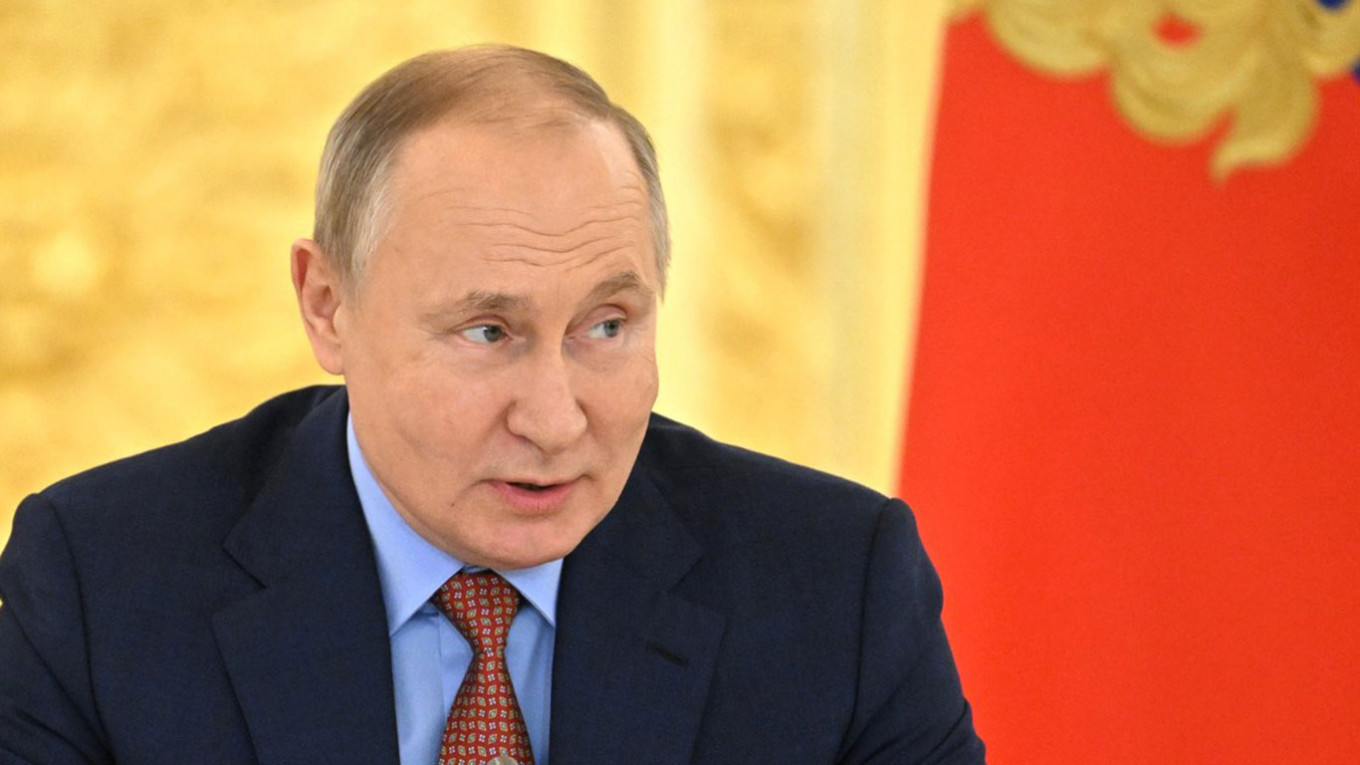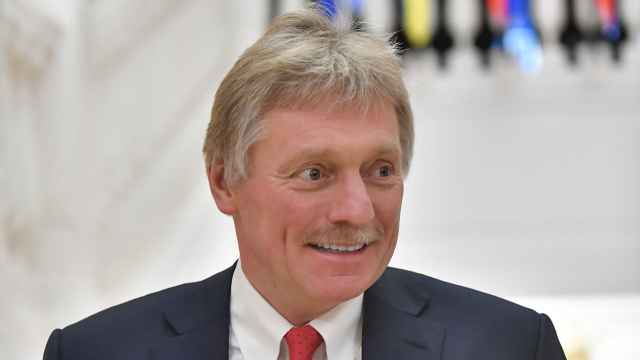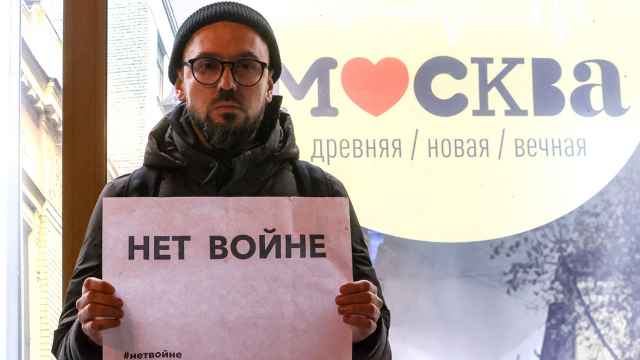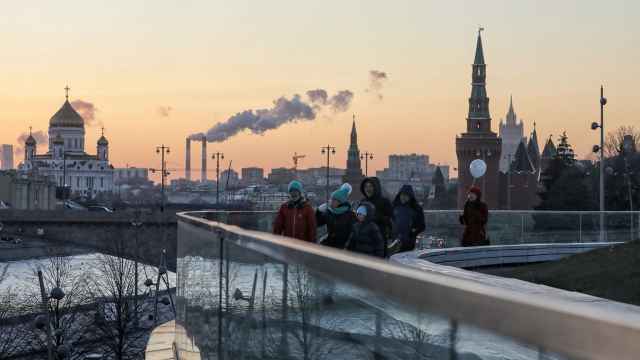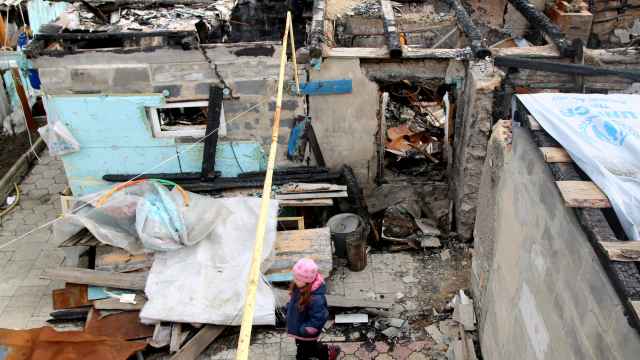President Vladimir Putin is ready to send a delegation to Minsk for talks with Ukraine, the Kremlin said Friday as its military encircled Kyiv on the second day of Russia’s invasion of Ukraine.
The negotiations could put an end to Ukraine’s NATO ambitions after President Volodymyr Zelenskiy said he was willing to discuss Ukraine’s “neutrality” — a demand of Putin's — in his latest attempt to appeal to the Russian leader to negotiate. The Kremlin said it took note of Zelenskiy’s offer.
China’s foreign ministry also said that Putin told Chinese leader Xi Jinping by phone that “Russia is ready for high-level talks with Ukraine.”
“Vladimir Putin is ready to send a Russian delegation to Minsk in response to Zelenskiy’s proposal,” Kremlin spokesman Dmitry Peskov said.
The delegation would comprise Defense Ministry, Foreign Ministry and Presidential Administration officials, Interfax quoted him as saying.
Peskov added that Belarusian President Alexander Lukashenko, a close Russian ally, welcomed the opportunity to host the Russia-Ukraine talks.
Minsk was previously the site of negotiations for an eastern Ukraine ceasefire in 2014 and 2015. Belarus is currently hosting thousands of Russian troops on its territory after joint military exercises ended on Feb. 20.
The Kremlin spokesman reiterated Putin’s stated goal of invading Ukraine to “help” eastern Ukraine’s pro-Moscow breakaway republics “including through the demilitarization and denazification of Ukraine.”
“This, in fact, is an integral component of [Ukraine’s] neutral status,” Peskov told reporters.
Putin’s unfounded claim that Ukraine is under neo-Nazi rule is a key part of the Kremlin’s justification for the war.
Putin recognized the self-proclaimed Donetsk and Luhansk people’s republics as independent and mounted the military campaign against Ukraine after they requested his military assistance this week.
Donetsk and Luhansk foreign ministers arrived in Moscow earlier Friday to formally establish diplomatic relations.
A Message from The Moscow Times:
Dear readers,
We are facing unprecedented challenges. Russia's Prosecutor General's Office has designated The Moscow Times as an "undesirable" organization, criminalizing our work and putting our staff at risk of prosecution. This follows our earlier unjust labeling as a "foreign agent."
These actions are direct attempts to silence independent journalism in Russia. The authorities claim our work "discredits the decisions of the Russian leadership." We see things differently: we strive to provide accurate, unbiased reporting on Russia.
We, the journalists of The Moscow Times, refuse to be silenced. But to continue our work, we need your help.
Your support, no matter how small, makes a world of difference. If you can, please support us monthly starting from just $2. It's quick to set up, and every contribution makes a significant impact.
By supporting The Moscow Times, you're defending open, independent journalism in the face of repression. Thank you for standing with us.
Remind me later.


